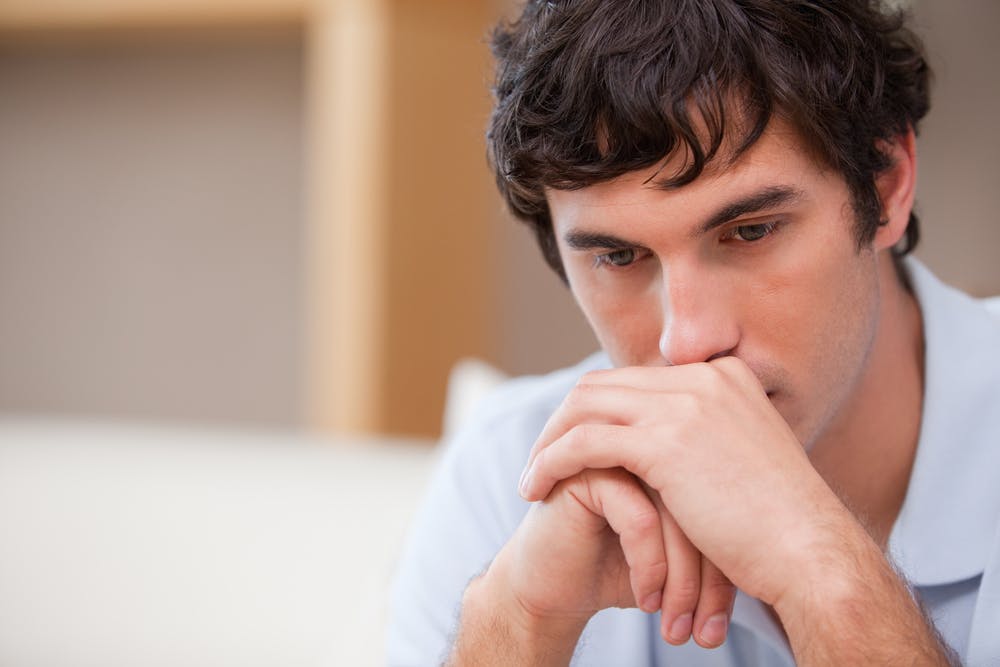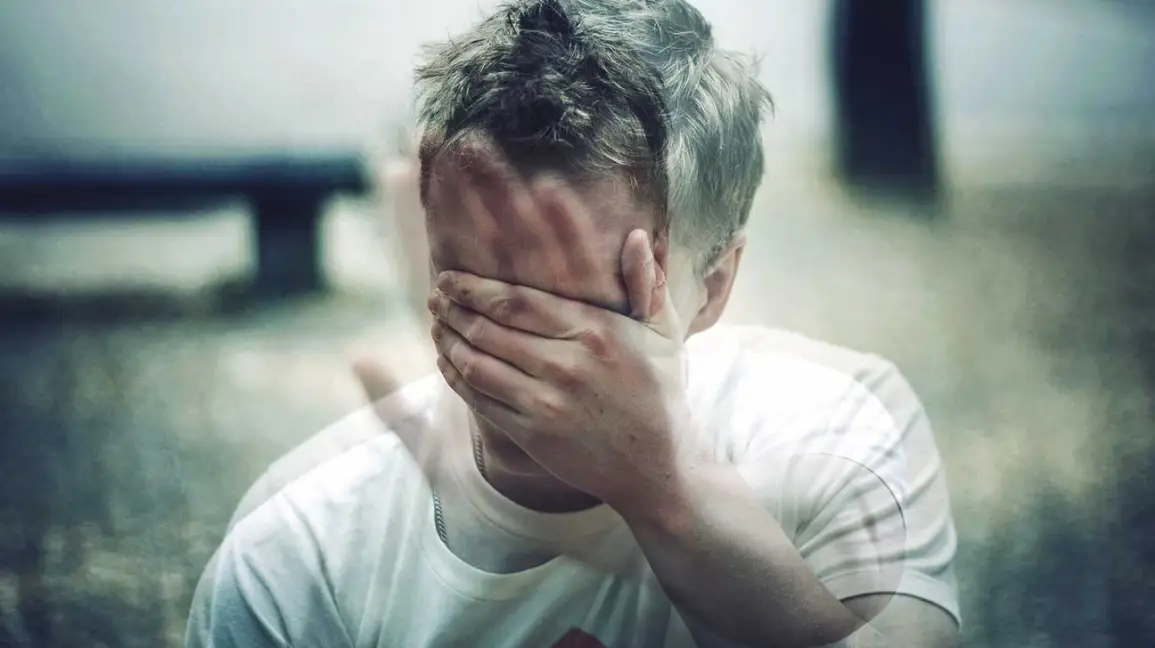Hallucination is an experience in which you start to imagine things that don’t take place in real life. For example, you start to hear or visualize things that don’t exist in reality, like hearing footsteps, seeing people, etc., though they don’t exist in reality.
There are many causes of hallucinations, like anxiety, depression, and mental disorders, including Alzheimer, etc. Out of these, one cause is drinking alcohol. When you get drunk, your neurotransmitter, called GABA, gets disturbed. As a result, you start to feel and perceive things that don’t exist in reality.
In this article, we will shed light on how you can hallucinate while drunk and possible treatments to opt for.
Table of Contents
ToggleCan You Hallucinate While Drunk?
Yes, you can definitely hallucinate while drunk. The reason is that when you drink too much alcohol, the body’s neurotransmitters and hormones start to behave differently.
Consequently, one ends up feeling sensations that don’t exist in reality at all.
But yes, here comes the good news. The chances of experiencing hallucinations due to alcohol are sporadic. Only five percent of heavy drinkers are affected by it.
Moreover, these hallucination symptoms usually occur within 12 to 72 hours of alcohol consumption. For example, tactile hallucinations peak after 72 hours, while others start after 12 to 24 hours.
Why Does Alcohol Drinking Cause You To Hallucinate?

There are various ways in which alcohol results in hallucination and imaginary perceptions, of which two important ones are:
- When drunk in large amounts (heavy drinking)
- Binge or heavy drinkers
Now, what happens is that alcohol targets two primary neurotransmitters of the brain, resulting in hallucinations. These are GABA and dopamine.
High alcohol consumption results in an increased release of dopamine. As a result, external stimuli sensitivity increases, thus, making one feel sensations that don’t exist. In fact, the sensitivity rises to a point called hyperarousal. As a result, one starts to see, hear, and feel things that aren’t present there.
Secondly, heavy intake of alcohol disrupts the balance and functioning of glutamate and GABA. As a result, the excitability decreases and sensitivity increases, which leads to hallucinations.
Types Of Alcohol Induced Hallucination
Among the different types of hallucination, the three most common hallucination perceptions observed due to alcohol drinking are:
1. Visual Hallucination
Visual hallucination is a commonly observed hallucination due to overconsumption of alcohol. In it, the drinker starts to visualize distorted objects, vague images, and unreal objects that don’t exist in real life.
For example, seeing people, although no one exists there.
2. Auditory Hallucination
Here comes the most common hallucination observed due to alcohol. In auditory hallucination, people start to hear voices as if someone is calling their name, someone banging on the door, shouting, whistling, etc.
In short, they hear voices that aren’t there. As a result, they start to whisper or shout in response.
3. Tactile Hallucination
In tactile hallucination, drunk people start feeling sensory sensations like someone is touching them. They often complain that either:
- Someone is touching their arms
- Feeling burning skin
- Itching
- Numbness
- And under feet and hands
Symptoms of Alcohol-Induced Hallucination
Moving on to the symptoms, some of the expected changes observed in the physical behavior of people suffering from alcohol-induced hallucinations are:
- Headache
- Mood shifts
- Emotional disturbance
- Dizziness
- Paranoia
- Fear
- Sweating
- Delusions
What Is The Difference Between Alcohol Hallucinosis And Psychosis?
Both the conditions, alcohol hallucinosis, and alcohol psychosis, are related to each other, with the latter one being a proper disorder.
So, when you drink heavily occasionally, you can feel hallucinations.
However, alcohol psychosis occurs due to repeated exposure to high alcohol levels, leading to acute intoxication, chronic AUD, and binge drinking. In it, the person hallucinates and experiences inappropriate thinking and behavioral issues.
Risk Factors Of Alcohol Induced Hallucination
Moreover, it has been found that people suffering from certain disorders are more likely to develop alcohol-induced hallucinations. Some of these are those people who are suffering from:
- Depression
- Anxiety
- Trauma
- Dementia
- Vision loss
- Neuropathic problem
- Any mental disorder like bipolar disorder
- Migraine
- Any organ failure
Apart from this, there are various alcohol-induced hallucination complications too. For example, a study has shown that people who experience alcohol-induced hallucinations are at a higher risk of developing depression than those who don’t. Similarly, people who hallucinate while drinking have more have of having psychological distress and even attempting suicide.
Treatment Of Alcohol Induced Hallucination
Last but surely not least, let’s enlist some treatments you can opt for if you experience alcohol-induced hallucinations more often.
The best solution is to abstain from alcohol consumption altogether. However, it is impossible for everyone, especially the ones suffering from alcohol use disorder AUD.
For this, the professionals recommend a proper therapy session in which the individuals are stopped from drinking alcohol by helping them re-learn how the body works without alcohol consumption. During this treatment, there are chances that initially, one starts to feel more prone to hallucination. However, with time, the body recovers completely.
Similarly, different medications are given to aid the hallucination. These include:
- Benzodiazepines help the body remain stable during the detoxification process
- Neuroleptics to reduce the hyperarousal stimuli
- Vitamins and Nutritional medicines to overcome any deficiency there in the body.
Conclusion
So, yes, one can hallucinate while drunk. The reason is that excessive alcohol consumption leads to a disturbance in the functional activity of neurotransmitters like GABA and glutamate.
In this, the drunk person starts to feel hallucinations and external stimuli like tactile or visionary (seeing things that don’t exist in real life).
However, there are different medications and therapies out there to treat alcohol-induced hallucinations. So, if you get hallucinated when drunk, why not opt for these treatments and therapies?

I am a passionate beer connoisseur with a deep appreciation for the art and science of brewing. With years of experience tasting and evaluating various beers, I love to share my opinions and insights with others and I am always eager to engage in lively discussions about my favorite beverage.
















